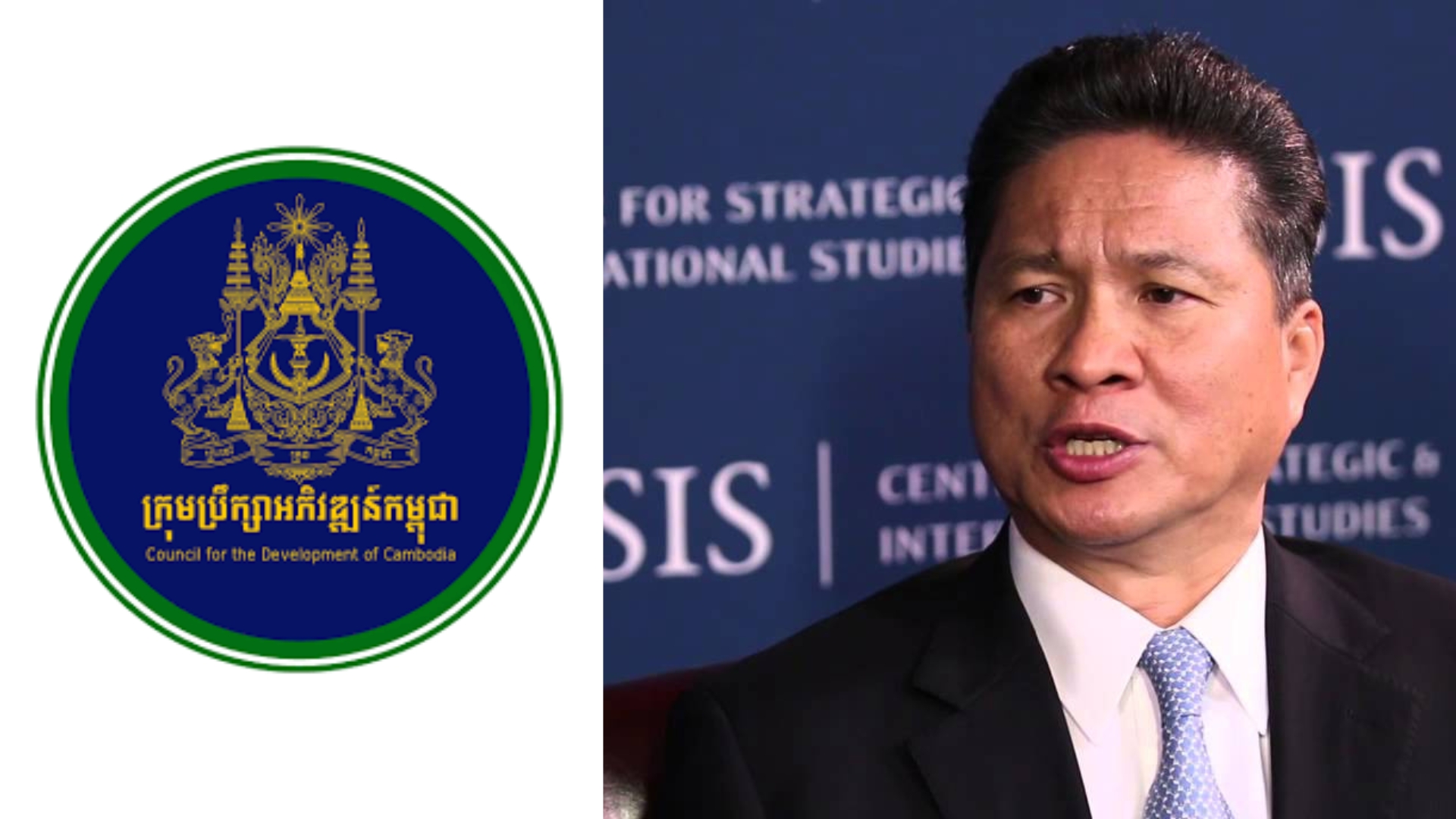



On October 7, 2024, H.E. Sun Chanthol, the Cambodian Deputy Prime Minister, addressed the CSIS ASEAN Leadership Forum in Washington, D.C., emphasizing Cambodia's potential as a strategic gateway for US and Canadian investors. He highlighted the significant consumer base of 250 million in the Mekong region and 2.3 billion within the Regional Comprehensive Economic Partnership (RCEP) [d36d1acc]. Sun Chanthol noted that Cambodia has maintained an impressive average economic growth rate of 7% over the past 20 years, with a robust 5% rebound following the COVID-19 pandemic. He also pointed out the stability of the exchange rate at 4,000 riels to the US dollar and a low inflation rate of 2.5% [d36d1acc].
During his speech, Sun Chanthol announced that he would lead a delegation from the Council for the Development of Cambodia (CDC) to the US, which commenced on October 1, 2024. He underscored the significant infrastructure improvements in Cambodia and the country's youthful workforce, with 60% of the population under the age of 35 [d36d1acc]. In the first year under Prime Minister Hun Manet's leadership, Cambodia approved $7.5 billion in investments, showcasing the government's commitment to fostering a conducive environment for foreign investment [d36d1acc].
Bilateral trade between Cambodia and the US currently stands at approximately $9 billion, reflecting the growing economic ties between the two nations. Sun Chanthol also addressed concerns regarding military bases and corruption, affirming the Cambodian government's dedication to enhancing the business environment and ensuring investor confidence [d36d1acc].
These developments come against the backdrop of China's increasing influence in Southeast Asia, as highlighted by recent diplomatic engagements from Chinese Foreign Minister Wang Yi. His visit to Southeast Asia, including Myanmar and Thailand, aimed at strengthening regional cooperation, particularly in infrastructure and trade [2e83cac5]. As the US seeks to bolster its presence in the region, Cambodia's strategic positioning and economic growth present a compelling opportunity for American investors looking to engage with ASEAN markets [d36d1acc].
However, Cambodia now faces the challenge of balancing its relationships amid escalating trade rivalry between the US and China. Prime Minister Hun Manet's attendance at the 10th ACMECS Cooperative Summit in Kunming, China, from November 5-7, 2024, underscores the importance of maintaining strong ties with both superpowers [b192be90]. The anticipated return of Donald Trump to the US presidency could further complicate trade dynamics, reminiscent of previous tensions that involved tariffs and technology restrictions [b192be90].
As China remains a major investor in Cambodia, particularly in infrastructure, and the US plays a crucial role in the garment industry, Cambodia must navigate these trade tensions carefully to sustain its economic progress and political stability [b192be90]. Experts suggest that Cambodia may need to reduce its reliance on Chinese investments to maintain favorable relations with the US, while also leveraging its ASEAN membership to seek trade deals with Japan, South Korea, and the EU [b192be90].
Strengthening local industries could enhance Cambodia's resilience against external pressures, positioning the country as a potential mediator in US-China relations through a non-alignment strategy [b192be90]. As ASEAN navigates its relationships with both superpowers, it remains crucial for the region to maintain its unity and stability, ensuring that Cambodia can effectively balance its economic policies amid the ongoing competition [8c4da24a].
In a related development, on December 3, 2024, former Cambodian Prime Minister Hun Sen thanked President Xi Jinping for supporting the controversial Funan Techo Canal project during their meeting. The canal, a $1.7 billion initiative, aims to enhance Cambodia's water transport independence and reduce reliance on Vietnamese ports. However, China's Ministry of Foreign Affairs did not mention the canal in their statement, raising questions about Beijing's commitment to the project [28de384c]. The canal, which is 180km (112 miles) long, has faced skepticism regarding its economic viability and environmental impact, and no significant financing has been secured from Chinese institutions. Currently, the project is primarily owned by Cambodian companies with a 51% stake, and the Mekong River Commission has yet to receive a feasibility study from Cambodia [28de384c].